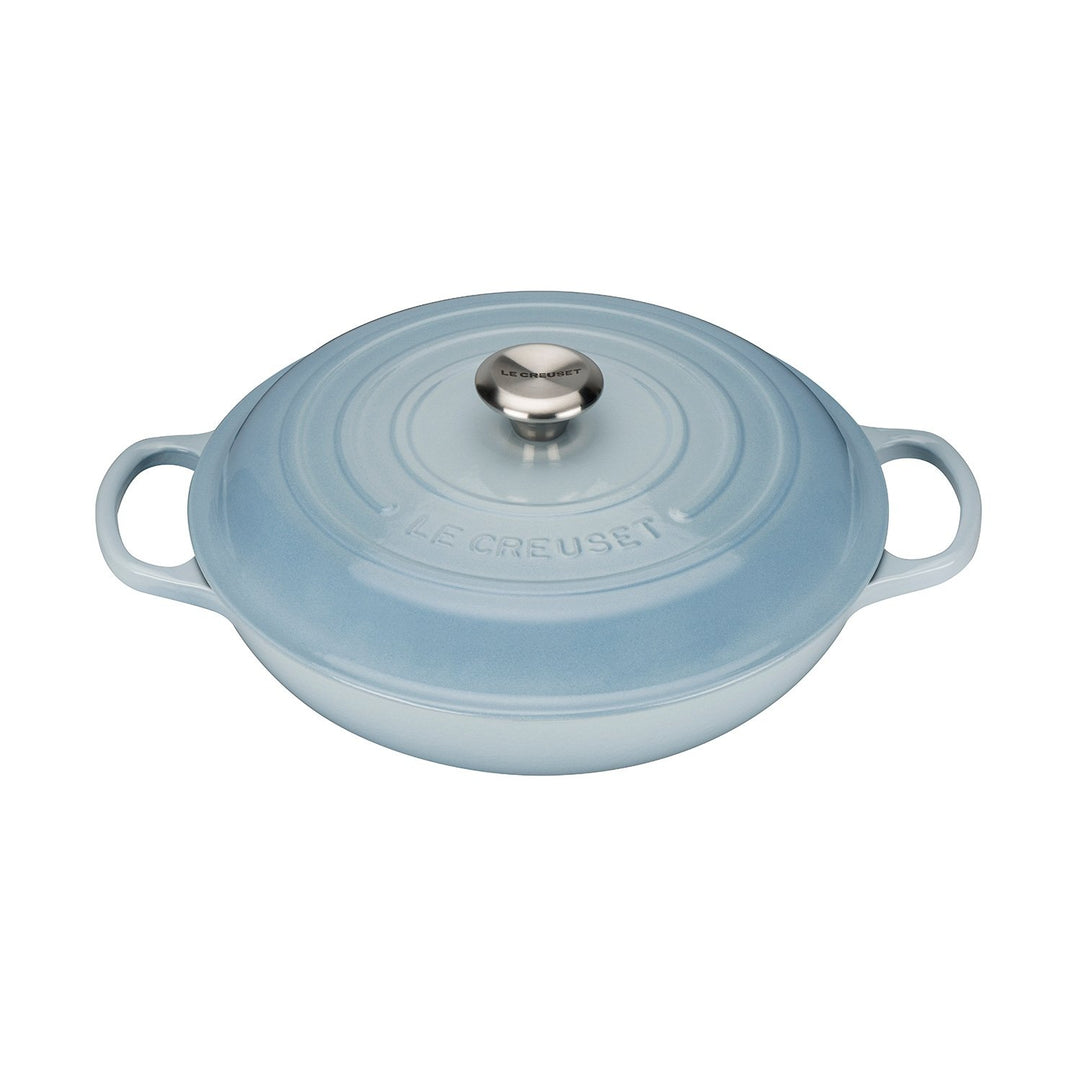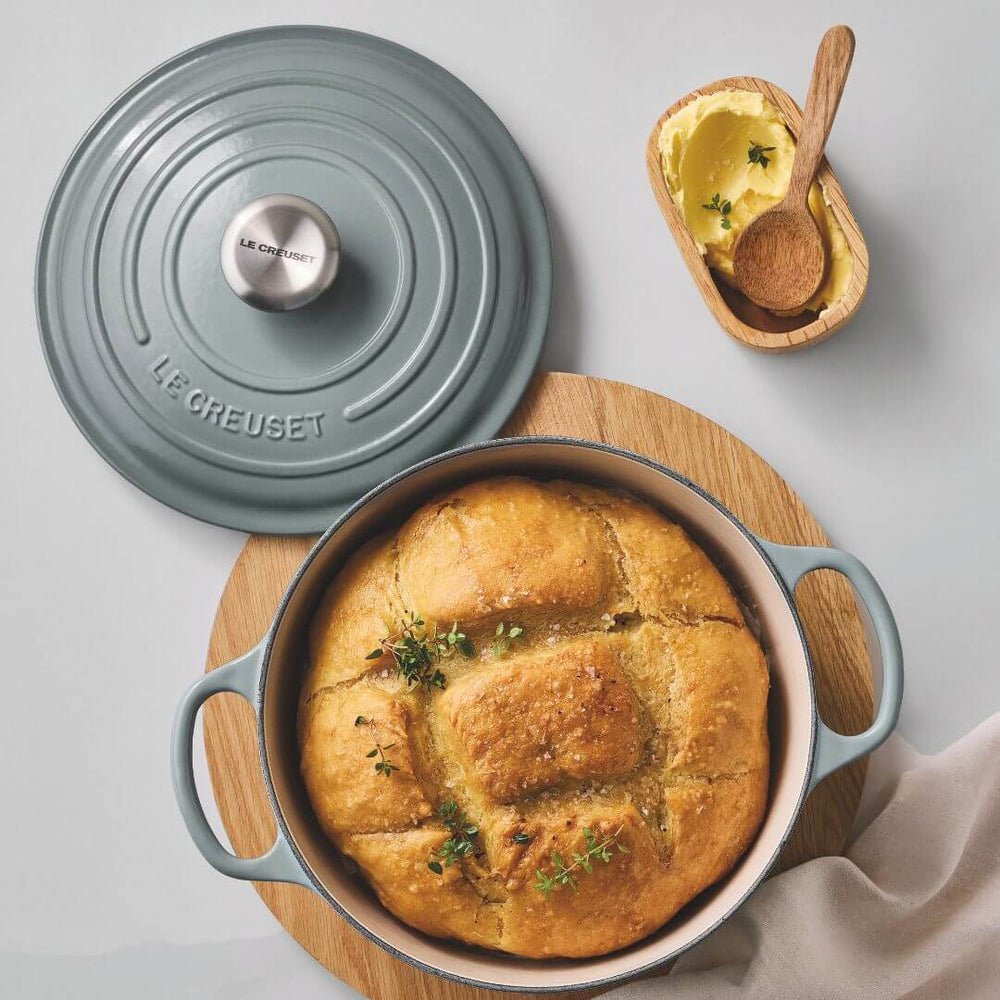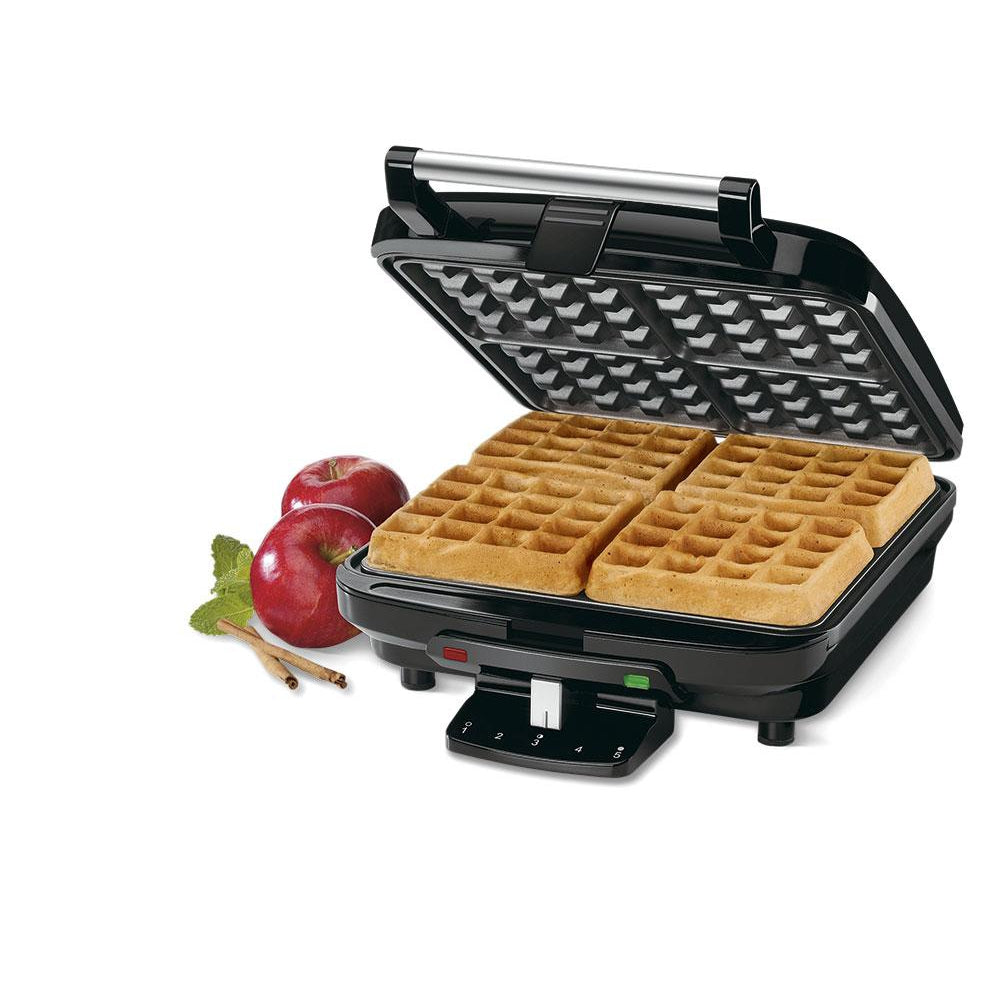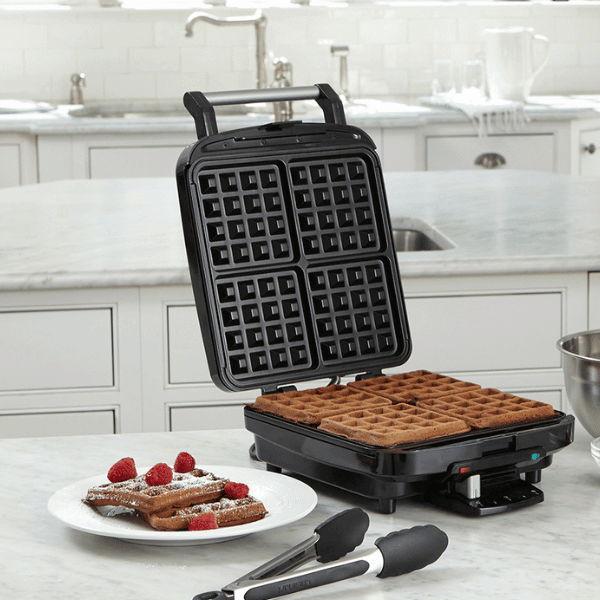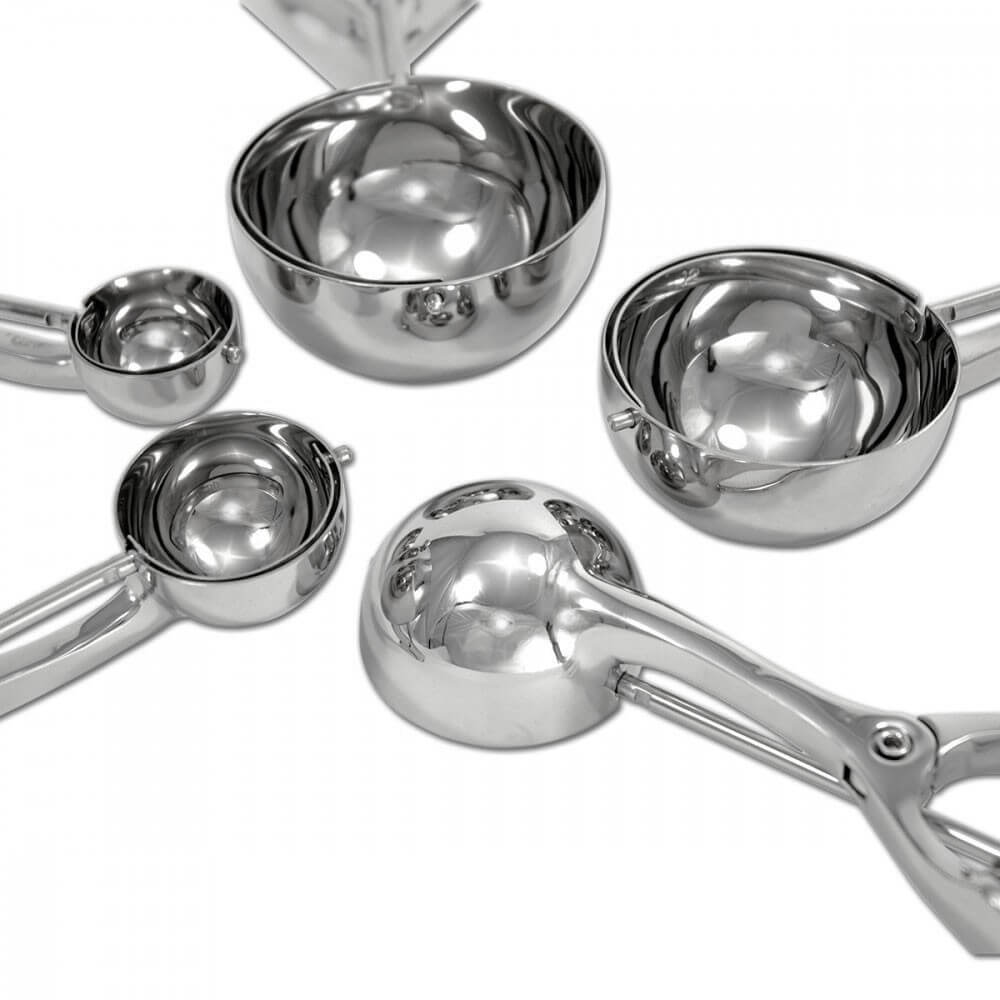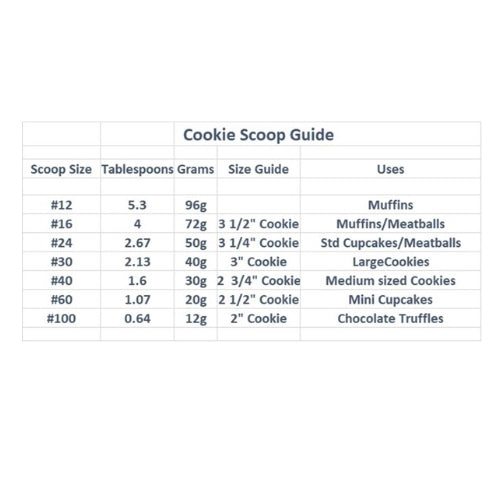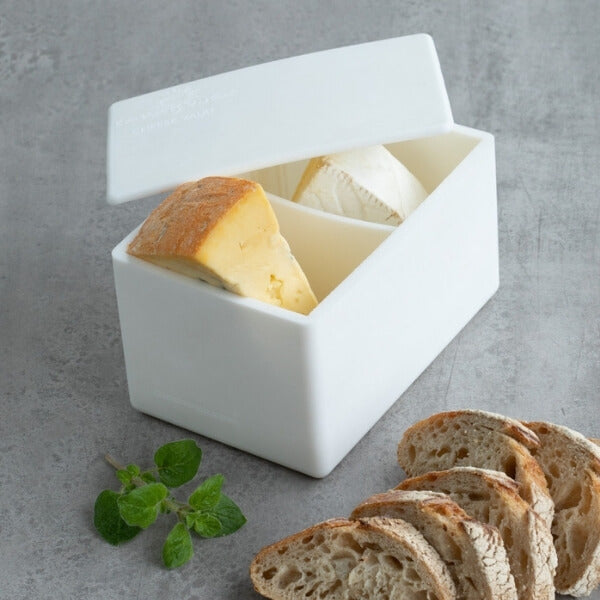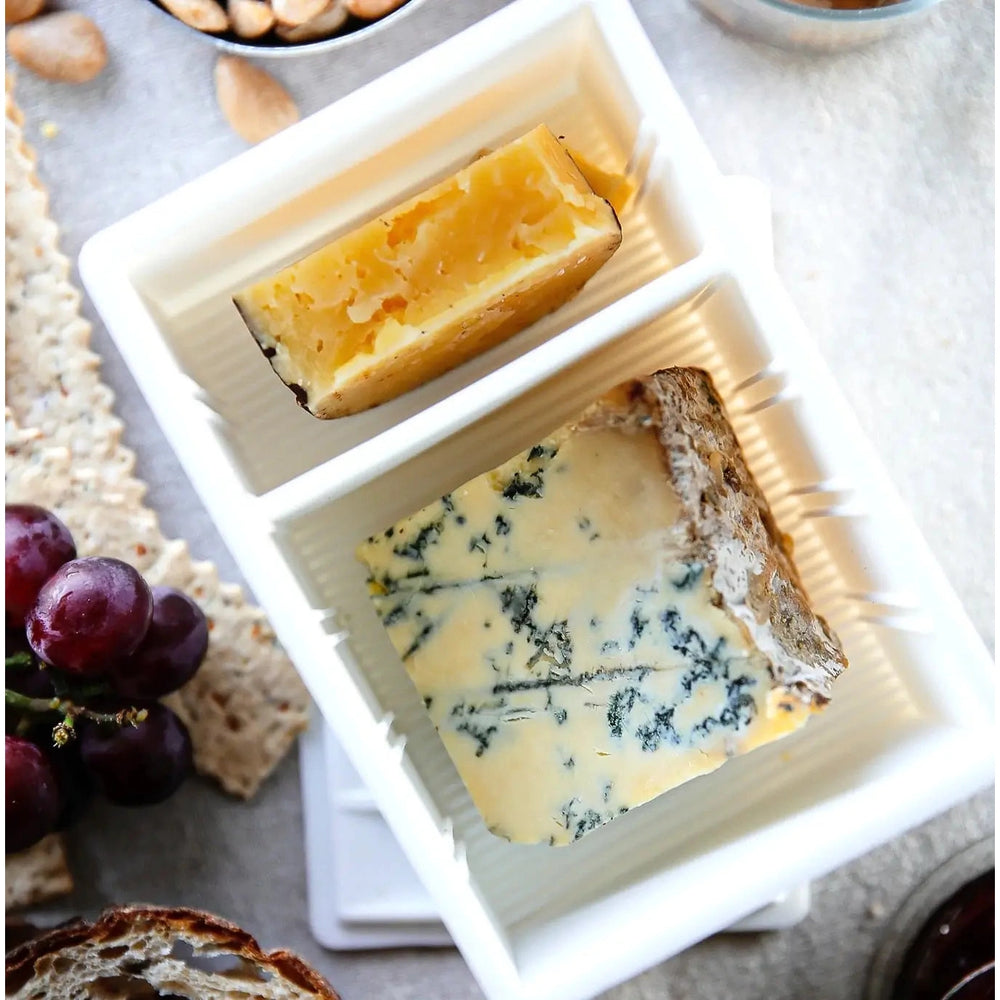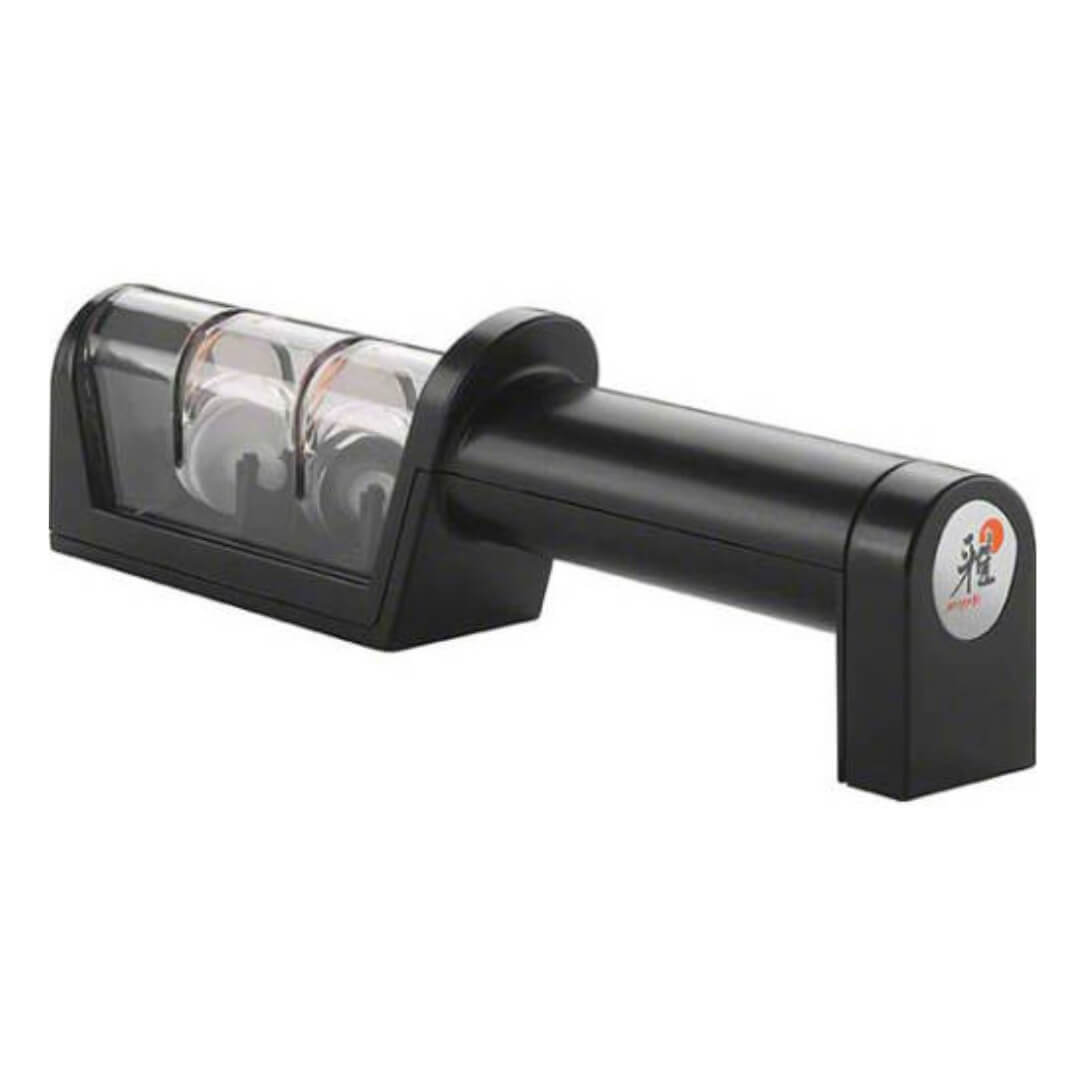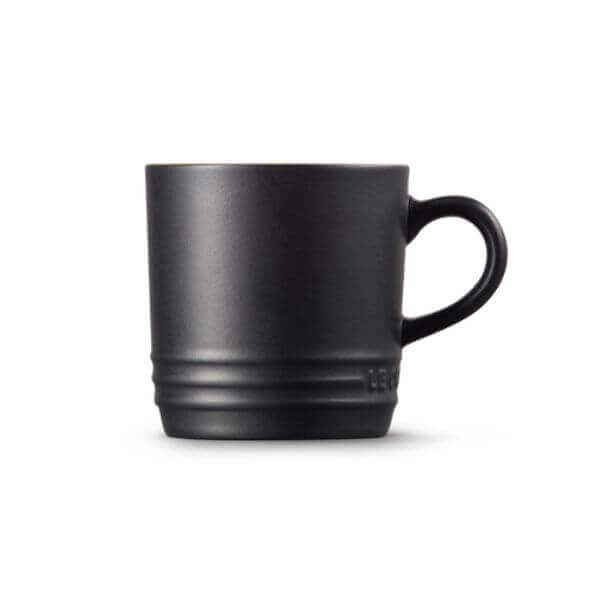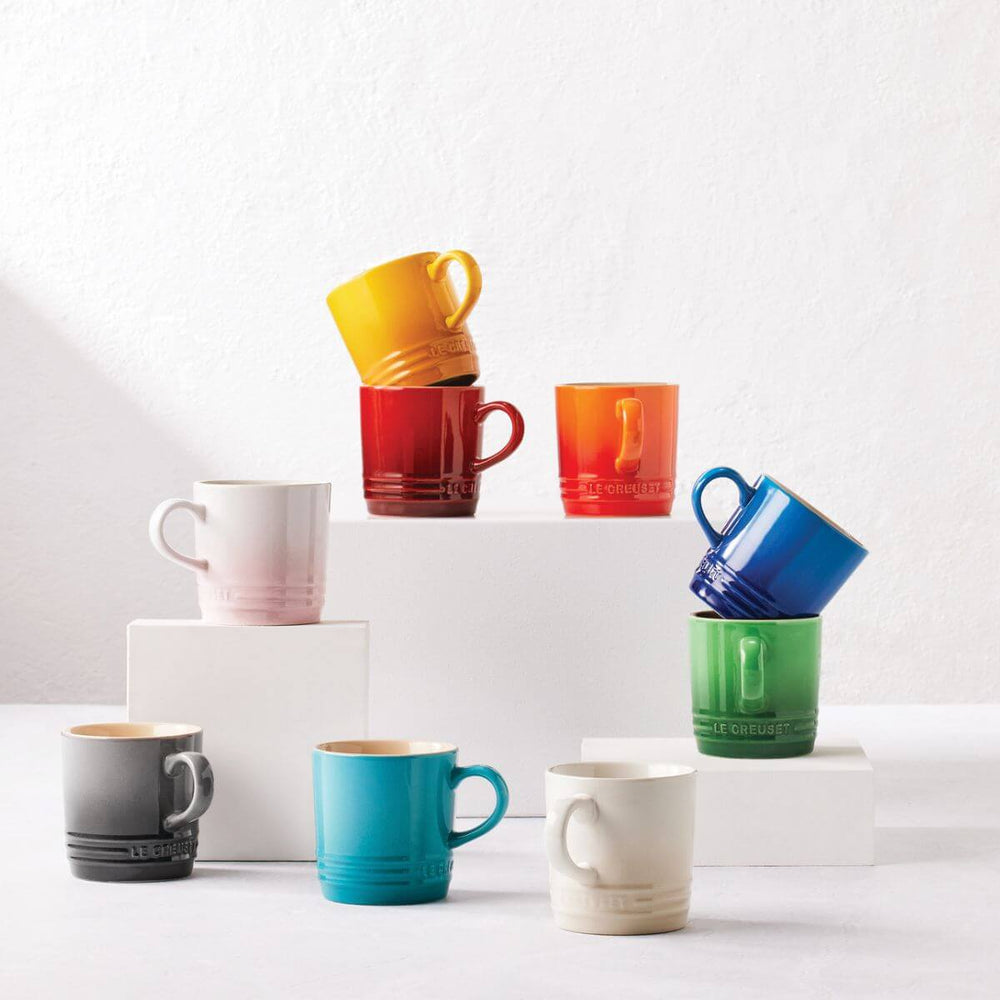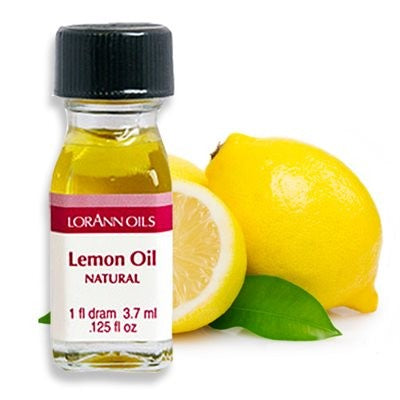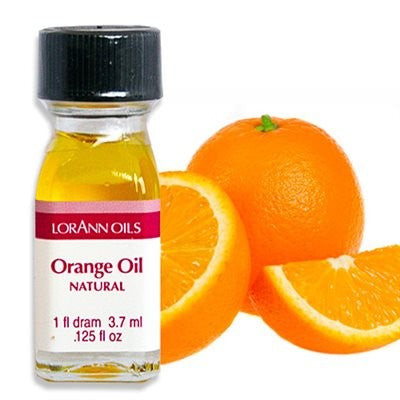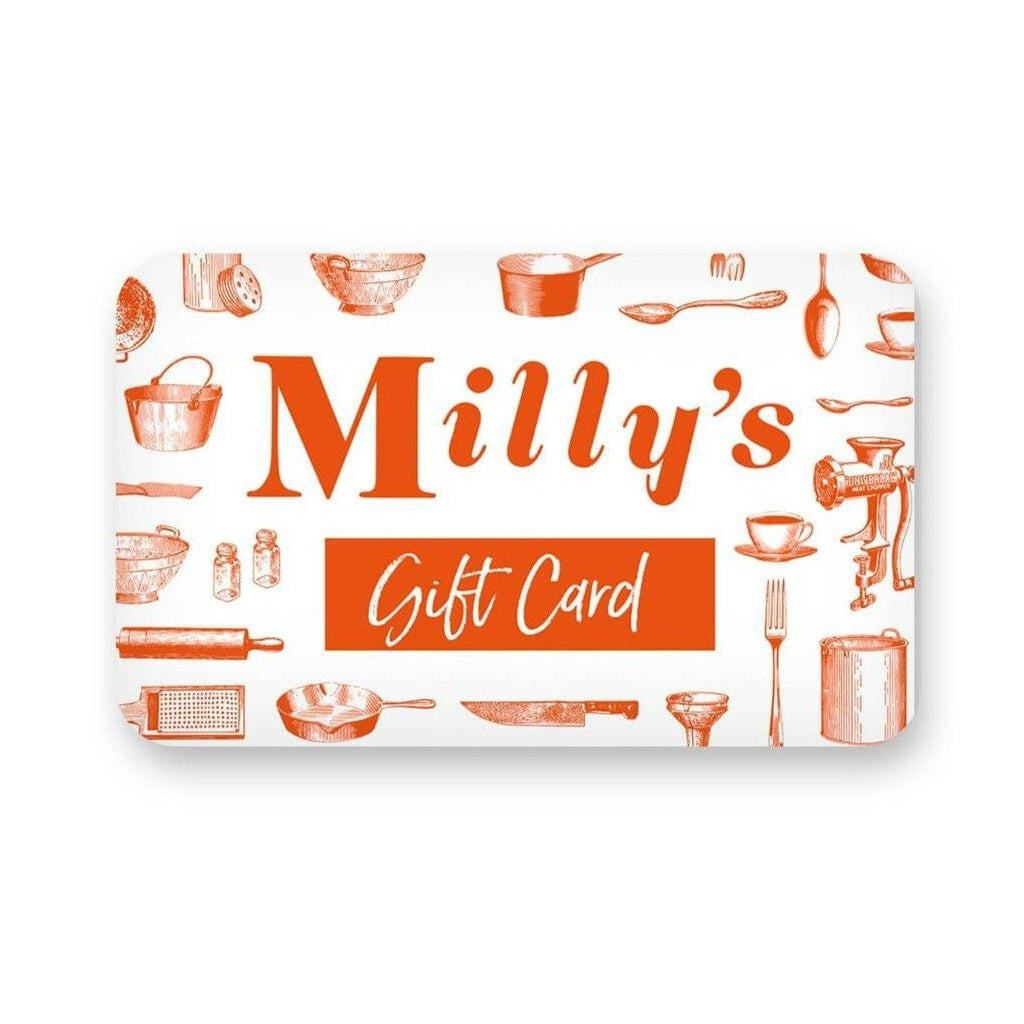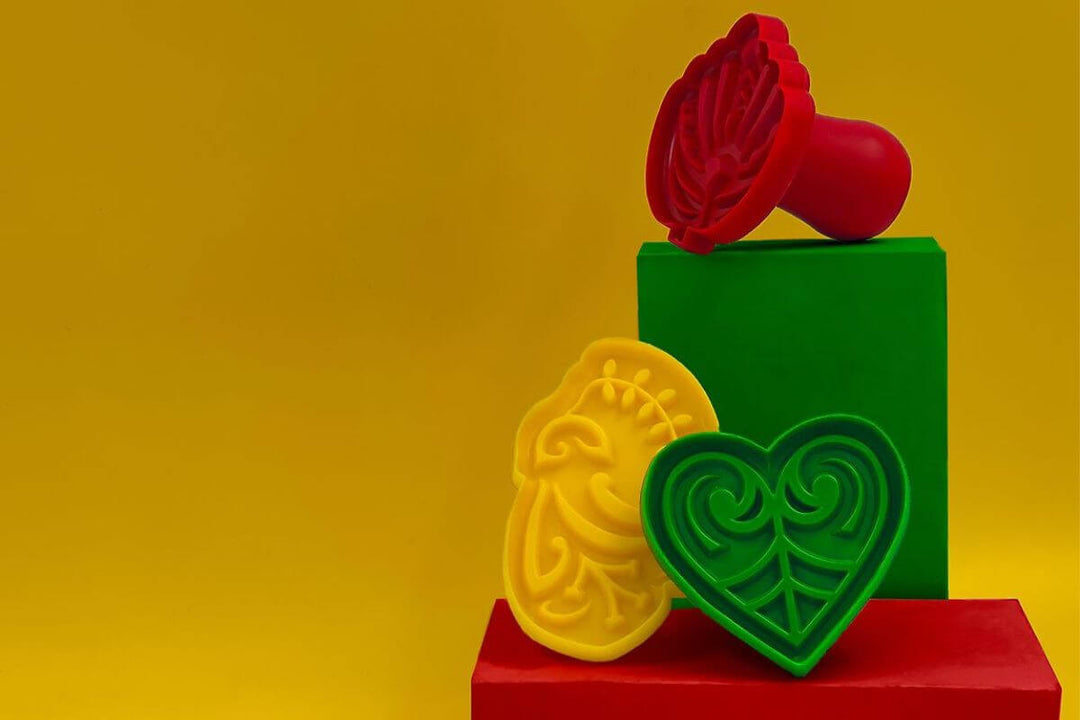Milly's Guide: Cookware Care
So, you've taken our advice and purchased your 'forever' pan. Congratulations! You've made a wise decision. Paying a lot for your pan though doesn't make it indestructible. In fact, we think that you should take more care of it so as to ensure longevity and years of happy cooking. Here are Milly's rules of 'engagement' for care of your new pan.
First and foremost, ascertaining the best skillet to suit your needs is the first step. You’ll find all the details here for finding your perfect fit: Milly's guide to choosing a new skillet.
So often our customers tell us that they've used countless fry pans (and that they’ve spent a little or, sometimes, a lot) but that they’ve been disappointed with the pan’s durability. Milly’s have made this our quest, we're the specialists on frypans and skillets and we're here to help you find the perfect pan. How you're going to use the pan and how much effort you're prepared to invest in its care will determine what's best for your household. We test all the cookware we carry in the store; we've used it, we know what it does best and we know what you need to do to keep it in tip top condition. There are some pretty basic rules that apply to most frypans:
Where there's smoke there's fire We're all time poor. We want something that's easy to clean (a tick for non-stick) but we're also lovers of gas and induction cooktops which generally cook 'hot' (a death sentence, long term, for non-stick pans). If you're having trouble with food burning onto the surface of your pan, particularly eggs, chicken and fish, then you should consider turning your heat down to medium. You'll get a better and more reliable result and a non-stick pan which will go the distance. Also, we recommend heating your non-stick pan gently and never without something in it, a little butter or oil will do. Many a non-stick (and the occasional enamelled cast-iron pan!) has been destroyed by overheating it and once this has happened there's just no way back unfortunately. All the non-stick pans we carry at Milly's are designed to heat quickly and evenly so it is very unlikely you would ever need to use your highest heat setting as the pan will just be too hot to use. PS, if you're wanting a high heat pan for chargrilling meats etc, we recommend you consider carbon steel or cast iron for much safer results. More on non-stick here and enamelled cast-iron here.
Special mention: both Le Creuset and Staub satin black interiors are extremely robust which gives you the reliability and durability of coated enamel with higher heat capability. Much like Lodge Cast-iron or Cast steel, these black pans will gradually 'season' as the fats used in the cooking process adhere to the surface making it better and better each time you use it
Use the right tools Non-stick and wooden utensils are best for most pans, even those that do not call for them. While the performance of stainless steel and cast-steel pans will not be compromised by scratches they can become 'sticking points' so it's best to avoid them if you can. We recommend you avoid aerosol cooking sprays. These can ruin a non-stick surface and affect the performance of your pan long term, this is easily remedied by using an oil mister.
Clean with care The heat rule is still in play here. Never take your hot pan and plunge it into a sinkful of cold water or run the cold tap onto it. Instead, give the pan some time to cool down on the hob before you wash it. The individual surface of your pan will dictate what you can use in the way of cleaners, talk to your Milly's team member when you make your purchase about what's best for your pan. As a rule we recommend you leave the pan to soak with some warm water or, for stubborn stains, put your pan on your hob with some water and baking soda, bring it to the boil and scrub with a nylon brush;
And we NEVER recommend putting good cookware into the dishwasher.
Storage You're using your pan in the way it was designed, with all the right tools to protect the surface and you've cleaned it correctly and with the right products - now you need to store them correctly and you're all set. We recommend pan protectors, a tea towel or paper towels in-between your stacked pans to protect the surfaces from denting, knocking or scratching each other. This also protects the base of your pans so they won't scratch induction or ceramic hobs.


